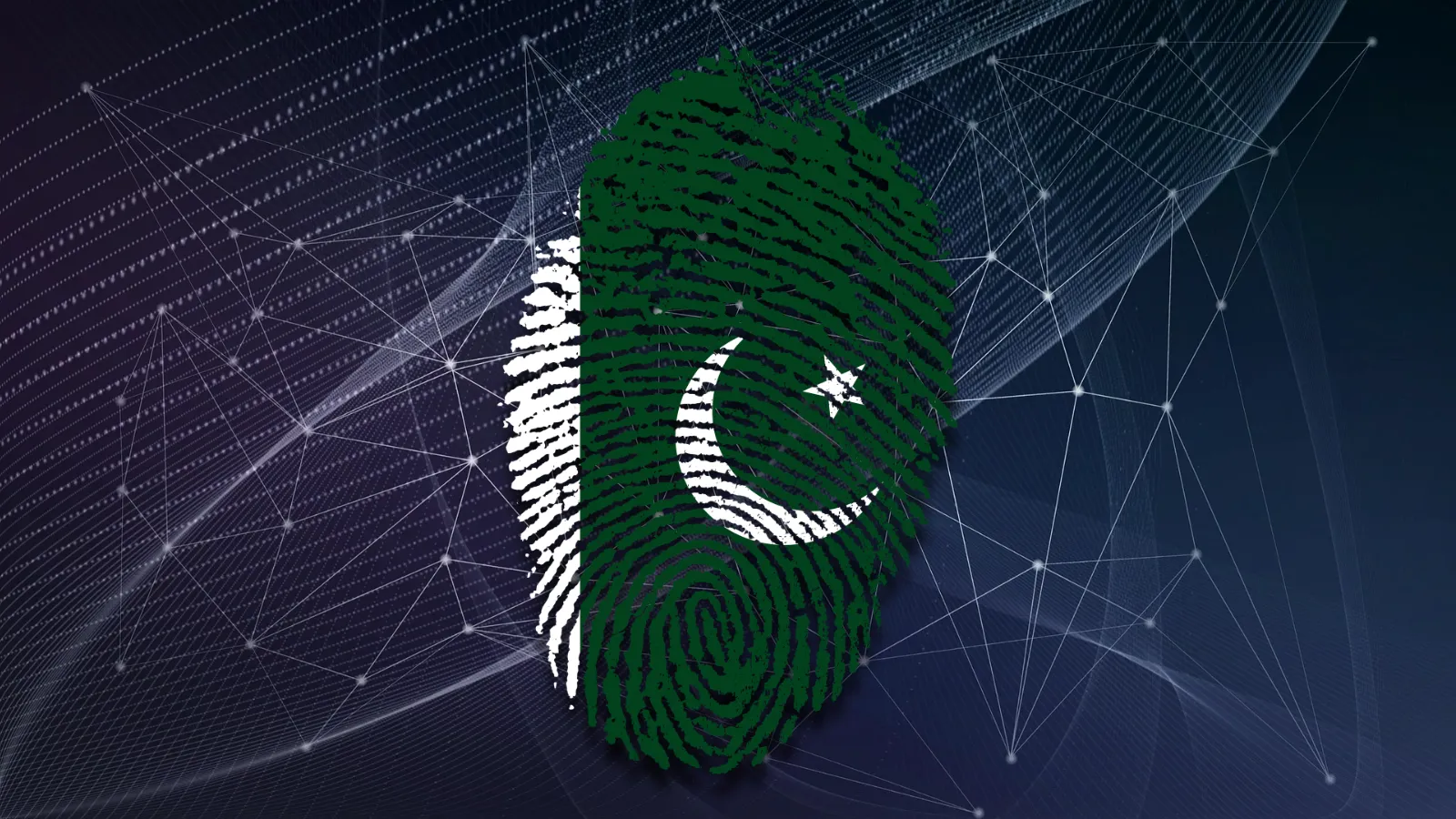
FBI and ICE are Silently Building their Face Recognition Systems and Databases
- US federal and national investigation agencies are building their own face recognition databases.
- The services use data from state DMV offices in 21 states that allow this kind of practice.
- It is unlikely that the US government will do something to stop or even to regulate this.
Facial recognition is a technology that has sparked great controversy and debate on how humanity should deploy it with respect to the fundamental privacy rights of citizens. That said, some argue that the technology should remain limited in the day to day practice, cities are organizing referendums, and many police forces in the US are agreeing not to connect their video recorders to facial recognition databases. All that said, some agencies are going forward and deploy these systems anyway without having to ask the public’s opinion about it.
According to a report by Washington Post, the FBI and the ICE (Homeland Security Investigations) are currently using state DMVs (Department of Motor Vehicles) data that hold driver’s licenses and identification information. DMVs are data troves, holding both drivers’ and non-drivers identification documents, vehicle registration details, registration plate numbers, and images. As per the revelations made by WP, FBI and ICE investigators are scanning millions of records that they lend from state DMVs and feed them onto an extensive face recognition database that they are building for themselves. According to the law and regulations, there are 21 states that permit this practice, allowing the FBI and ICE to access any document they want, either in the context of an investigation, or even with no explanations given at all.
Reportedly, the FBI is already conducting more than 130 facial recognition searches each day, and we’re only at the pilot testing stage of such systems right now. The reliability of these searches and the accuracy of the results is entirely unknown, as the FBI is not sharing any data about these activities, but in the past, they have said that they enjoy an accuracy level of about 86%. What the agency has stated already is that they embrace facial recognition systems as a critical technology that will help them preserve the nation’s freedoms, ensure the protection of people’s liberties, and preserve their security. That definitely sounds counter-intuitive when collecting and processing images of people who have never done anything wrong in their entire life, never gave their consent for the sharing of their data to DMVs, and may find themselves in trouble due to an error or mismatch.
Already, the revelations have motivated civil rights advocates who believe that we are on the verge of entering an age of casual misidentification and false arrests, leading to people losing their jobs, and possibly witnessing intense social and economic discrimination. As clarified above, some states accept this practice without much justification while others request for subpoenas. Whether or not we will see the official state taking decisive steps to regulate this is doubtful right now.
Do you believe that the FBI should have the right to conduct face recognition searches using any data they want, or should there be limitations? Let us know of your opinion in the comments down below, or join the discussion on our socials, on Facebook and Twitter.










